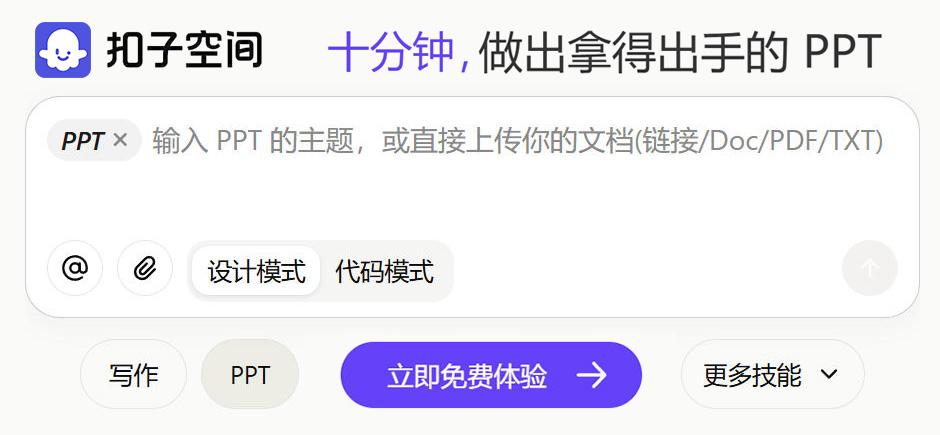Metalcore: A Fusion of Power and Passion in the Digital Age
Metalcore is a genre that blends the aggressive rhythmic elements of metal with the melodic intensity of hardcore punk. This fusion creates a powerful and emotional sound that resonates with a wide audience. As AI technology advances, the role of AI in generating metalcore music is becoming increASIngly relevant. In this article, we explore the potential of AI in creating metalcore music, discussing the tools, techniques, and creative possibilities that emerge from this intersection of art and technology.
The Rise of AI in Music Creation
The integration of artificial intelligence into music creation is no longer a futuristic concept—it’s a reality that is reshaping the industry. AI can analyze vast amounts of musical data, identify patterns, and generate new compositions that align with specific styles or moods. For metalcore, this means that AI can help musicians explore new sonic landscapes, experiment with different arrangements, and even compose entire tracks with minimal input. This democratization of music creation is empowering artists to push boundaries and innovate in ways that were previously impossible.
AI Tools for Metalcore Composition
One of the most promising applications of AI in metalcore is in the creation of compositions. AI tools like AIVA, DeepComposer, and Aural are designed to assist musicians in generating music based on input prompts. These tools can take parameters such as tempo, key, mood, and genre as inputs and produce musical outputs that reflect those preferences. For example, a user might input a prompt like, “Create a metalcore track with a heavy, aggressive rhythm and a driving, melodic chorus.” The AI would then generate a track that meets those criteria.
The Role of Data in AI Music Generation
AI’s ability to generate music is rooted in its capacity to learn from large datasets of existing music. In the case of metalcore, this means that AI can analyze thousands of tracks to understand the stylistic elements that define the genre. It can identify the typical structure of a metalcore song—often beginning with a heavy guitar riff, followed by a powerful vocal delivery, and concluding with a climactic breakdown—then use that knowledge to generate new compositions that fit within that framework. This data-driven approach allows AI to produce music that is both authentic and innovative.
Creative Possibilities and Challenges
While AI offers exciting possibilities for metalcore music creation, it also presents challenges. One of the main concerns is the question of authenticity. Can an AI-generated track truly capture the emotional depth and raw energy of a human-created metalcore song? Another challenge is the creative control—artists must balance the AI’s generated output with their own artistic vision. It’s important to use AI as a tool rather than a replacement for human creatiViTy.
The Future of Metalcore and AI
As AI continues to evolve, its role in metalcore will likely expand. Future developments may include AI that can generate not just tracks, but entire albums, with the ability to suggest songwriting ideas, compose melodies, and even assist in the production process. This evolution will require musicians to adapt, learning how to work with AI tools while maintaining their unique voice. The future of metalcore is not just about the sound—it’s about the creative collaboration between humans and machines.
Conclusion
AI is transforming the way music is created, and metalcore is at the forefront of this revolution. By leveraging AI tools and techniques, musicians can explore new creative possibilities, push the boundaries of their art, and produce music that is both innovative and emotionally resonant. As the technology continues to advance, the future of metalcore will be shaped by the synergy between human creativity and artificial intelligence.








 津公网安备12011002023007号
津公网安备12011002023007号